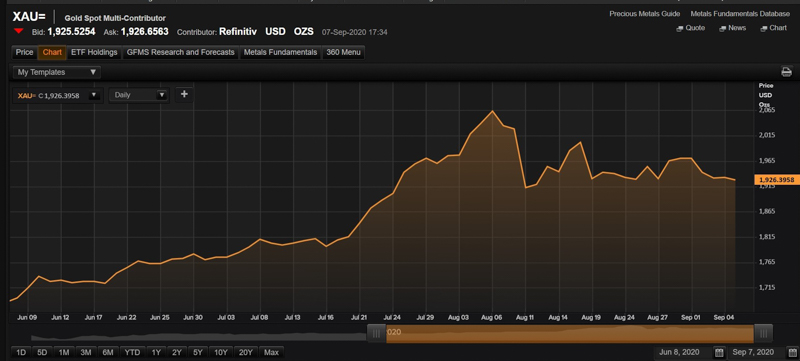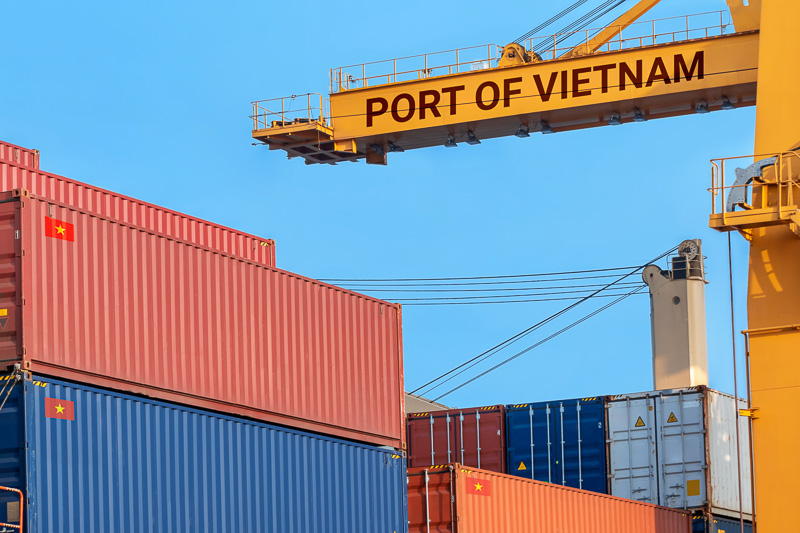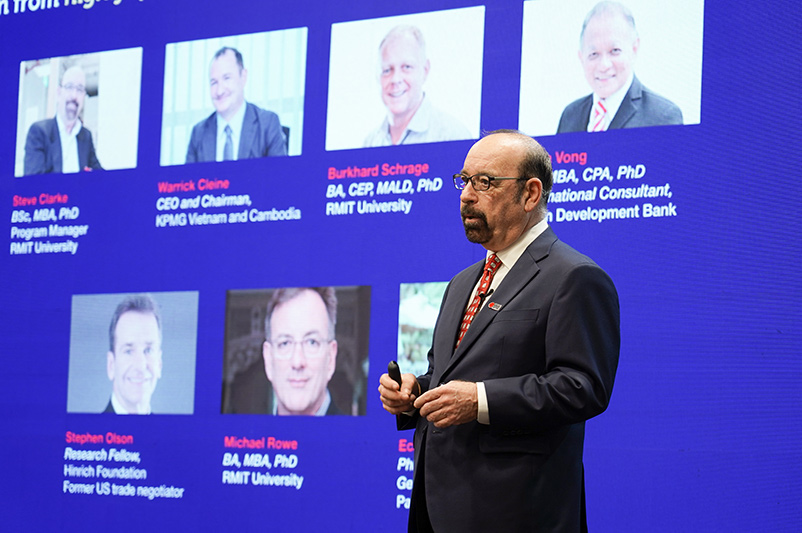What is the best thing for private investors to invest in right now?
Dr Nguyen: Investors should consider carefully before investing too much money into gold and should diversify their portfolios or use leverage (to buy gold). Otherwise, it might be quite a risky investment.
The best thing for individual investors to invest in right now is the one that matches with their risk tolerance/risk profile and financial circumstance. Investors need to assess how much risk they are willing and able to take. With high price volatility and uncertainty at the moment, gold can be considered quite risky so may not be suitable for investors who are risk avoiders.
Instead, these investors should diversify their investments and allocate a sufficient amount to other safer investments (eg. term deposits, bonds). The financial circumstance is important too given the current, and perhaps near future, economic slowdown. Consequently, investors should ensure regular income and liquidity from their investments to fulfil their (and their family’s) needs.
What is the impact of the gold price on the economy?
Dr Nguyen: In Vietnam, gold is a traditional investment channel of domestic investors. However, gold price increases which may lead to large capital flows into gold can have several impacts on the current economy.
It can reduce the liquidity (free-flow) of the stock market as investors shift their capital to gold. Other investment channels such as government bonds and corporate bonds can be negatively affected too. Large funds flowing into gold can especially hurt the bank loan market which is the main fundraising channel for local firms (i.e., less bank deposits, less loans available for firms). However, this may not be a big problem given the current situation. Due to the COVID-19 pandemic and economic slow-down, the demand for bank loans is believed to remain at a low level.
According to the State Bank of Vietnam, the credit growth rate for the first six months of 2020 (as of 16 June) was only 2.13%.
About the experts
Dr Pham Nguyen Anh Huy is Lecturer, Finance from RMIT University’s School of Business & Management. His research interests are in the fields of FinTech, cryptocurrencies, environmental finance, asset pricing and empirical finance. He has published his work in a wide range of academic journals such as Accounting and Finance and Economic Modelling among many others.
Dr Nguyen Thi My Linh is Lecturer, Finance from RMIT University’s School of Business & Management. She is a regular member of the CFA institute and the CFA Society Singapore. Her research interests are empirical finance, financial services, and behavioural finance.
Story: Thuy Le






